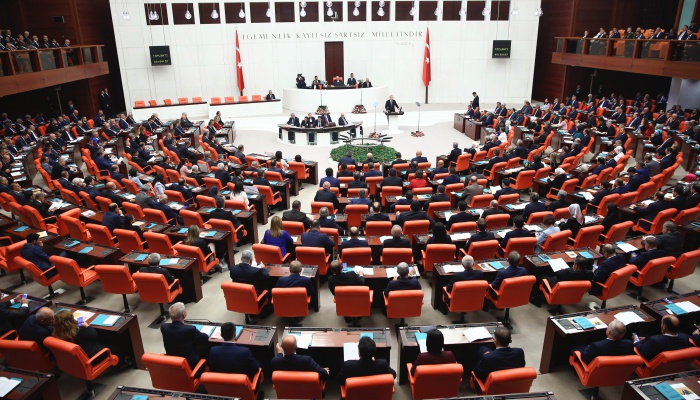Deputies from Turkey’s ruling Justice and Development Party (AKP) and its ally, the Nationalist Movement Party (MHP), have rejected a motion proposed by the Kurdish Peoples’ Democratic Party (HDP) in the Turkish Parliament that sought to reveal how the Turkish government has spent a special earthquake tax, according to Turkish media reports.
In the aftermath of a magnitude 6.8 earthquake that killed 41 people and injured a thousand others in the eastern Turkish province of Elazığ on Jan. 24, many people including opposition politicians have begun to question the special earthquake tax, implemented after a powerful earthquake hit the Marmara region in 1999, killing around 20,000 people.
They claimed that tax revenues were not used for the purpose of preparing the country, which lies on major fault lines, for earthquakes.
Investigations have been launched by Turkish prosecutors into individuals who raised questions on social media about where the revenues from the earthquake tax have been used.
About 63 billion Turkish lira ($10.598 billion) was collected in a special tax following the 1999 earthquake, which became a permanent tax in 2004.
Turkish opposition politician Mahmut Tanal criticized the lack of transparency over the collection and allocation of funds, saying: “The taxes are not used as promised, but they are still being collected although humanitarian assistance … is no longer being provided.”
He suggested that funds meant for earthquake relief and damage mitigation were being channeled to other government budgets.
In the meantime, Turkish President Recep Tayyip Erdoğan denied claims that the earthquake tax has been used for other than the purpose of its collection. He said his government does not have time to give an accounting to opposition politicians of how the tax was being used.
